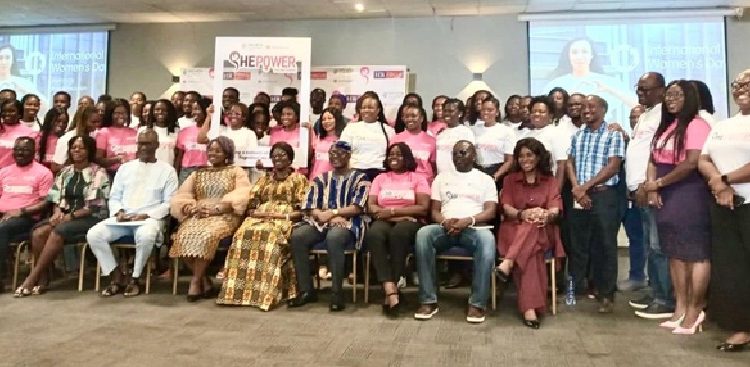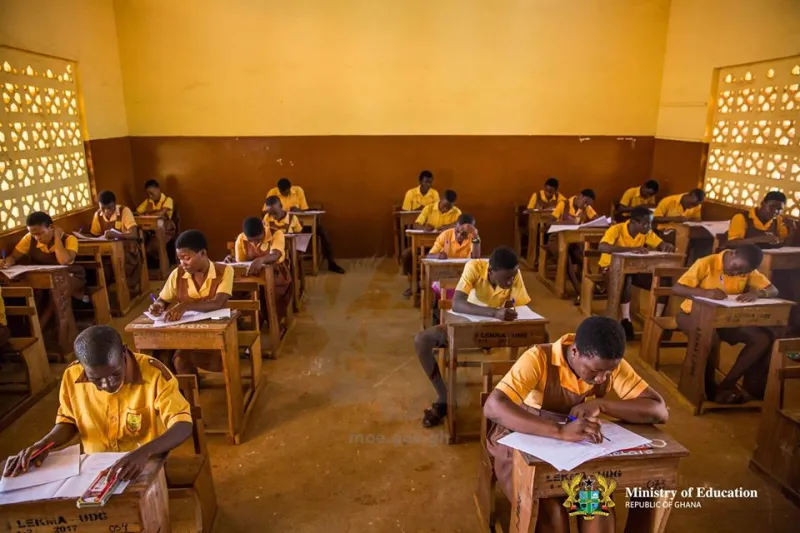
By Kizito CUDJOE
The Minister of Energy and Green Transition, John Jinapor, has said Africa’s push toward clean energy must not come at the expense of affordable power, jobs and industrial growth, urging a more “carefully calibrated” global transition that takes the continent’s basic needs into account.
He argued that, unlike wealthier nations, many African countries are still grappling with energy poverty and limited industrial capacity, making it critical for climate goals to be balanced with development priorities.
“This is why regional value chain development, supported by initiatives such as the African Continental Free Trade Area (AfCFTA), is critical. Local processing of critical minerals, local manufacturing of clean energy technologies and skills development must be integral to our transition,” he added.
Speaking at the 2025 Future of Energy Conference (FEC) opening in Accra, Mr. Jinapor noted that about 600 million people in Africa still lack access to electricity – adding that while the continent accounts for roughly 17 percent of the world’s population, it consumes only 4 percent of global energy. In sub-Saharan Africa, around half the population has no access to power – a figure that rises sharply in rural areas.
Hence, he asserted that the energy sector across the continent must be made sustainable “not as an option but an imperative. To achieve inclusive economic growth and secure Africa’s rightful place in the global economy, affordable, reliable energy is not optional but an imperative.”
The minister therefore urged collaboration between governments, the private sector and development institutions to drive the continent’s energy transformation. Governments, he said, must provide clear policy direction and regulatory stability while the private sector brings innovation, efficiency and capital.
Multilateral partners should also play a bigger role by de-risking projects and expanding concessional and blended financing mechanisms, he added.
The 2025 FEC, a flagship event by the Africa Centre for Energy Policy (ACEP), was held on the theme ‘Financing Africa’s Energy Future: Unlocking Investments for Energy Access and Economic Transformation’.
In reference to the theme, Mr. Jinapor noted that while it is both a challenge and a call to action, there is need to mobilise competitive and sustainable financing mechanisms including bond markets, carbon trading and green funds.
However, he stressed that: “African governments alone cannot shoulder the cost of energy investments. We need the private sector, civil society, non-governmental organisations and international bodies in order to achieve this objective”.
FEC, a 2-day conference, creates a platform for key stakeholders and industry experts from government, multilateral and development institutions, the private sector, academia and civil societies across the continent to discuss pertinent governance policies, innovations and actions required to bridge Africa’s energy access gap and drive economic growth.
In his welcome remarks, the Executive Director-ACEP, Mr. Benjamin Boakye, noted that about 700,000 people – mostly women and children – die each year from cooking with unclean energy.
“These are not just statistics; they are lives cut short, futures denied and dreams extinguished,” he said, urging recognition of this crisis as a wake-up call and calling for innovation with the urgency it demands.
He added that the transition must also promote “concerted efforts that encourage research, courage and innovation rooted in Africa’s own context”.
Mr. Boakye recognised that intellectual property registration in Africa lags far behind the rest of the world, resulting from decades of failure to build systems that reward research and protect ideas. “If we are to drive our energy transition, this must change,” he said, adding that domestic financing must also play a role, since the continent cannot continue to rely solely on external solutions.
In a keynote address, Rukaiya El-Rufai – Special Advisor to the Nigerian President on the National Economic Council, Climate Change – said the global energy transition is “unstoppable”.
“According to the IEA, global energy demand grew by 2.2 percent in 2024, largely driven by a 4.3 percent surge in electricity demand. The unstoppable transition is evidenced by the first-ever decline in oil demand share, which fell below 80 percent and 30 percent,” she said.
She noted that 80 percent of growth in global electricity came from renewable sources and nuclear power, with solar photovoltaic contributing nearly 80 percent of the renewable component.
“Amid this growth and as the world transitions to cleaner forms of energy, Africa continues to be the energy poverty capital of the world,” she added.
The post Africa needs ‘calibrated’ energy transition to protect livelihoods – John Jinapor appeared first on The Business & Financial Times.
Read Full Story


















Facebook
Twitter
Pinterest
Instagram
Google+
YouTube
LinkedIn
RSS